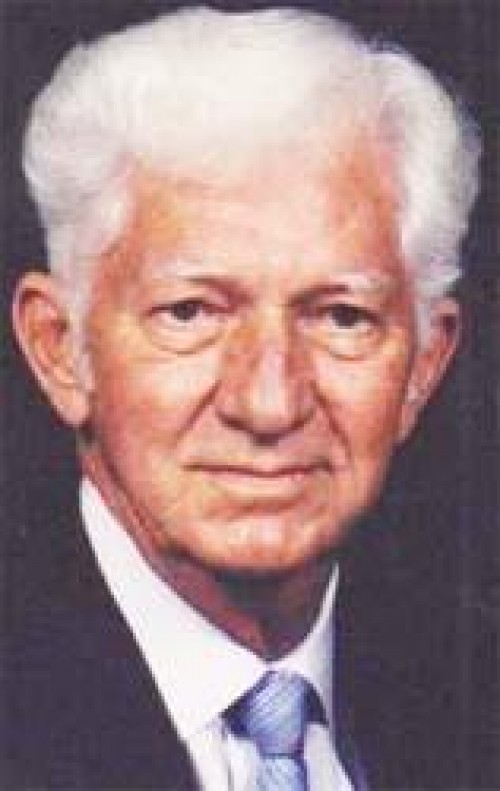
Ernest Deroche Sr.
December 16, 2008
Whitney Nicole "Black" Jones
December 18, 2008World War I was called “the war to end all wars.” Looking back, we now know that the 20th century was the nation’s bloodiest. More people died on the battlefield in the 1900s than any prior century.
World War I earned its epithet because people believed that with the destructive power of modern weaponry, no nation would be foolish enough to attack another. The war claimed more than 10 million people and wounded more than 21 million.
But in the midst of this brutality, death and destruction, something miraculous happened on Christ-mas Eve in 1914.
On that incredible night, soldiers on the western front of Flanders did the unthinkable. A truce began when German troops began decorating the area around their trenches for Christmas.
They began by placing candles on trees, then continued the celebration by singing Christmas carols, most notably “Stille Nacht” (“Silent Night”).
The Scottish troops in the trenches across from them responded by singing English carols.
The two sides continued by shouting Christmas greetings.
Soon, there were calls for visits across “No Man’s Land,” where they exchanged small gifts – whisky, jam, cigars, chocolate and the like. The soldiers swapped gifts – in some instances even traded addresses – and drank together.
The truce allowed a breathing spell where burial parties could retrieve recently fallen soldiers and bring them back behind their lines. Proper burials took place as soldiers from both sides mourned the dead together and paid their respects.
At one funeral in the No Man’s Land, soldiers from both sides gathered and read a passage from the 23rd Psalm.
The cease-fire spread to other areas along the trenches. Soccer matches sprang up between opposing forces.
In many sectors, the lull lasted through Christmas night, but in some areas, it continued until New Year’s Day.
The entente occurred in spite of opposition at higher military levels, which ordered the troops to start shooting at each other.
A couple of months before, the warring governments had ignored a call by Pope Benedict XV for an official Christmas truce.
The stillness of the night moved the hearts of these soldiers to realize whose birthday it was. They were celebrating the anniversary of the greatest sacrifice in the human history. If there was any hope in the world, it was recognizing God’s love for the world in sending his only Son, who laid down his life for others.
That Christmas Eve, soldiers, who had been engaged in the battle dubbed “the war to end all wars,” tossed their weapons of destruction aside and embraced, sang Christmas songs, played soccer and exchanged gifts. Reportedly, thousands of troops participated in this most magical holiday truce.
I like this story because it teaches us that even in the most difficult time, we need to take time out to reflect on what life is all about. Like the soldiers on the battlefield, we have to catch the true Christmas spirit. We have to put aside our differences with others and reach out to those we love and those we do not.
Too often the commercialization of Christmas can distract us from the true meaning of the season.
In 1914, a handful of German soldiers knew that what they felt in their hearts about Christmas was true. They acted on their feelings of peace and love and started a truce by singing Christmas carols.
This holiday, may we adopt the spirit that captivated these soldiers almost a century ago. Let us reach out to our enemies. You never know what may happen.
Merry Christmas!







